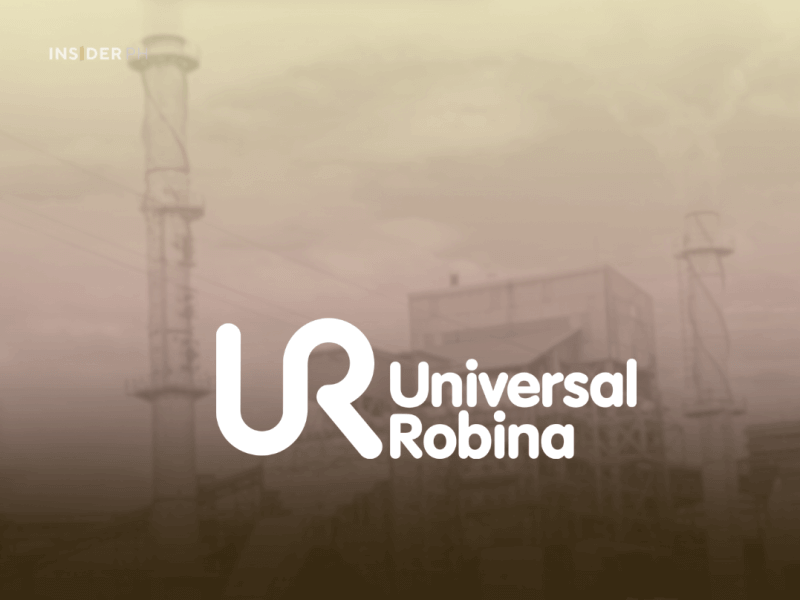

The Antipolo-based plant, which produces iconic chewing gum brands such as Doublemint®, Juicy Fruit®, and Cool Air®, has grown into a regional manufacturing hub, serving both local consumers and export markets across Southeast Asia.
Modest start, regional reach
What began in 1965 with a facility in Pasig City has since evolved into a globally integrated operation. In 1999, Mars Wrigley moved its manufacturing operations to Antipolo City, where its plant now produces up to 30 metric tons of gum daily, with 86 percent exported to Indonesia, Malaysia, Thailand, Vietnam, Bangladesh, Laos, and Brunei.
“We’re proud to call Antipolo home to one of our most important manufacturing facilities in the region,” said Salazar Maquito, factory director at Mars Wrigley Philippines. “This milestone is not just a celebration of 60 years in history and tradition but also a commitment to the future—to continue giving back to the people and the planet.”
Driving the news: “Better Together” celebration
Mars Wrigley marked the occasion with a celebratory event at its Antipolo facility under the theme “Better Together.” Associates, government stakeholders, media, and business partners gathered for a factory tour and site walkabout that highlighted the company’s advances in workplace inclusion, community partnerships, and its roadmap toward net-zero carbon emissions by 2050.
The Antipolo plant is a key employer in the city, providing stable livelihoods for over 170 employees. The site is also a model for sustainable manufacturing and inclusive workplace practices in the Philippines’ FMCG (fast-moving consumer goods) sector.
Clean energy milestone: Biomass-powered future
A major announcement at the event was the completion of Mars Wrigley’s $1-million investment in a biomass boiler, which became fully operational in 2024. This green technology replaces diesel for thermal energy with a renewable fuel source—rice husks and coconut shells sourced from nearby farming communities.
The shift has already reduced the plant’s annual carbon emissions by about 679 tons, contributing significantly to Mars Wrigley’s broader net-zero ambitions. The boiler also provides a dual benefit: it ensures cleaner air and helps create new income opportunities for local farmers.
“In the world we want tomorrow, we need a healthy planet where people can thrive,” said Maquito.
Workplace inclusion and associate well-being
Mars Wrigley Philippines continues to raise the bar for inclusion and diversity in the workplace. It maintains a 50-50 gender balance in hiring, including in management and leadership positions. At the Antipolo factory, women are not only present—they are being actively shaped into the next generation of leaders.
Facilities at the plant reflect this commitment. There’s a dedicated breastfeeding room for return-to-work mothers, prayer rooms for multiple faiths, and social spaces to support employee well-being. These resources form part of Mars Wrigley’s larger strategy to support career-life balance and help parents reintegrate into the workforce smoothly after maternity leave.
“We believe that inclusive practices in the workplace make our business stronger, more innovative, and more resilient,” said Maquito.
Empowering local communities through partnerships
Beyond its factory walls, Mars Wrigley has created long-standing partnerships with NGOs to support skills development and employment in Rizal province. Through its collaboration with Smile Train and YULA Women’s Initiative Inc., the company has rolled out the Experiential Learning Program—a training-to-employment initiative that equips underprivileged residents with job-ready skills.
Mars Wrigley also supports adolescents through its 15-year partnership with Save the Children Philippines. Most recently, the Mars Wrigley Foundation approved a $100,000 grant for the CHILL (Connecting, Helping, Informing, and Learning Lounges) program. This community initiative will create safe, informative spaces for teens and address critical health needs in Antipolo.
“We measure our success not just by financial performance but by the positive societal impact we create,” said Kalpesh Parmar, general manager of Mars Wrigley Asia. “We are building trusted partnerships and investing in the people who grow with us.”
What’s next
Over the next three years, the company is investing $2 million more to upgrade its infrastructure, packaging, and equipment. These upgrades aim to meet rising customer demand, enhance production efficiency, and ensure facilities continue to support associate well-being.
Mars Wrigley’s 60th anniversary is more than a celebration—it’s a reaffirmation of values. With bold steps toward sustainability, a people-first culture, and meaningful partnerships, the company proves that sweet success can be shared widely and responsibly. —Ed: Corrie S. Narisma

